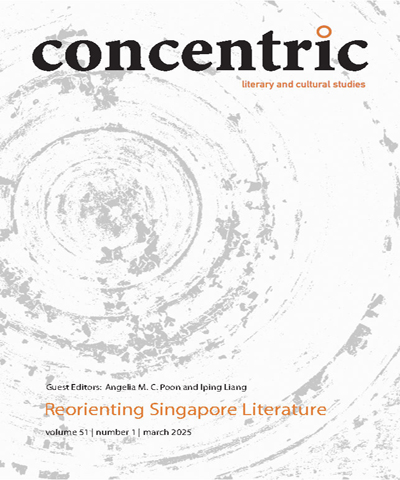
Concentric: Literary and Cultural Studies/同心圓:文學與文化研究
- OpenAccess
國立臺灣師範大學英語學系,正常發行
選擇卷期
- 期刊
- OpenAccess
This article proposes a thesis that goes against the negativity of the prevalent assessment of Naipaul's work: that his literary project partakes in writing third-world history and reconstructing humanism of the global south. In his transnational novels especially, Naipaul often mobilizes contemporaneity as a vehicle to challenge hegemonic European time, and accordingly calls for a new form of rewriting (post-)imperial history. In light of the notion of time and contemporaneity, I read A Bend in the River (1979) as Naipaul's attempt to write a post-Orientalist history of Africa that refuses to be historicized as the West's Other. Contrary to the popular view that Naipaul consigns Africa to a primitive time zone, this novel enacts an indigenous temporality in parallel with European time which denies that Africa is Europe’s contemporary, unravelling their fundamental coevalness. Through a vivid depiction of (non-)interactions between characters, Naipaul uses literary realism to attempt historiography in African terms, one that contests and expands the way we think and imagine African history.

